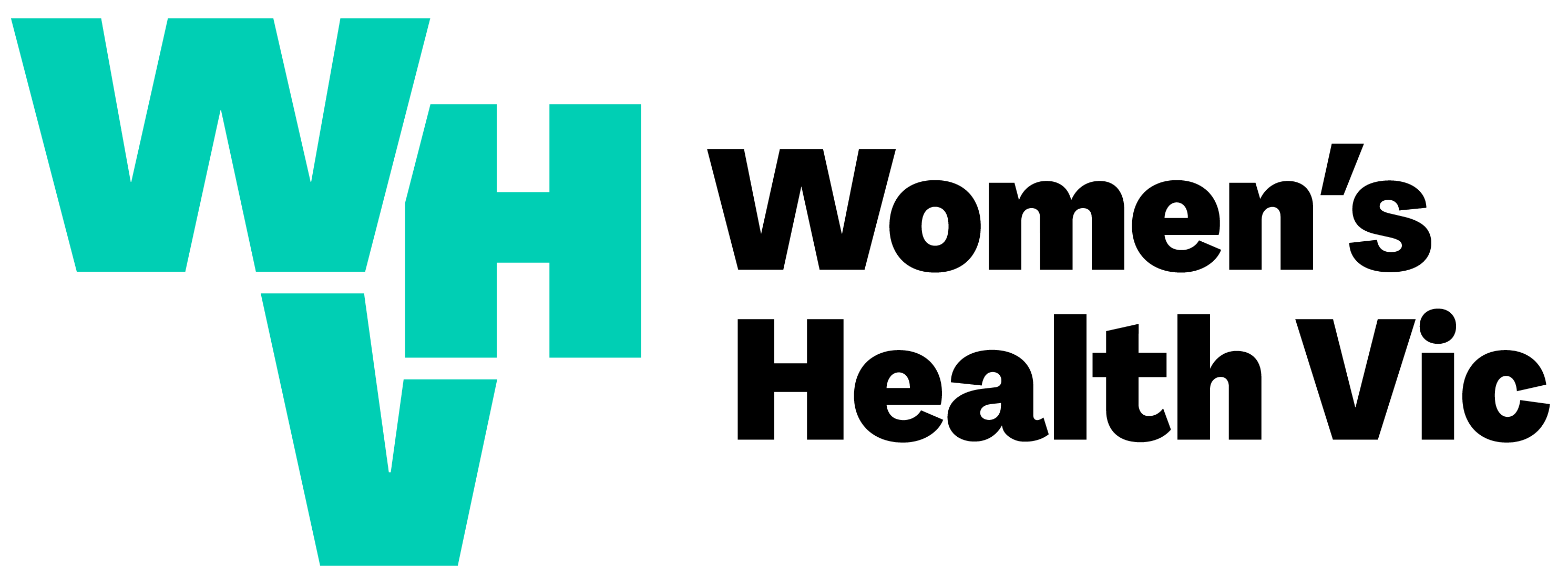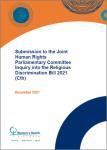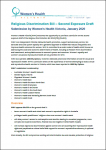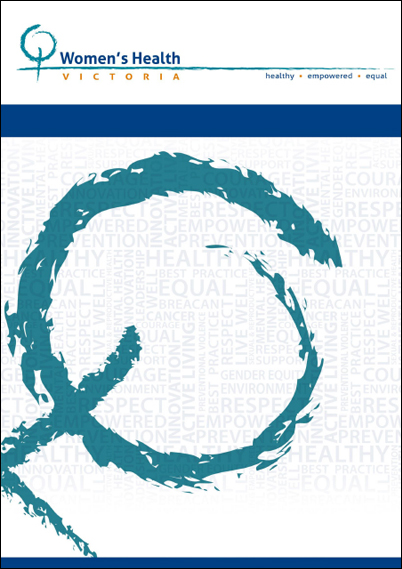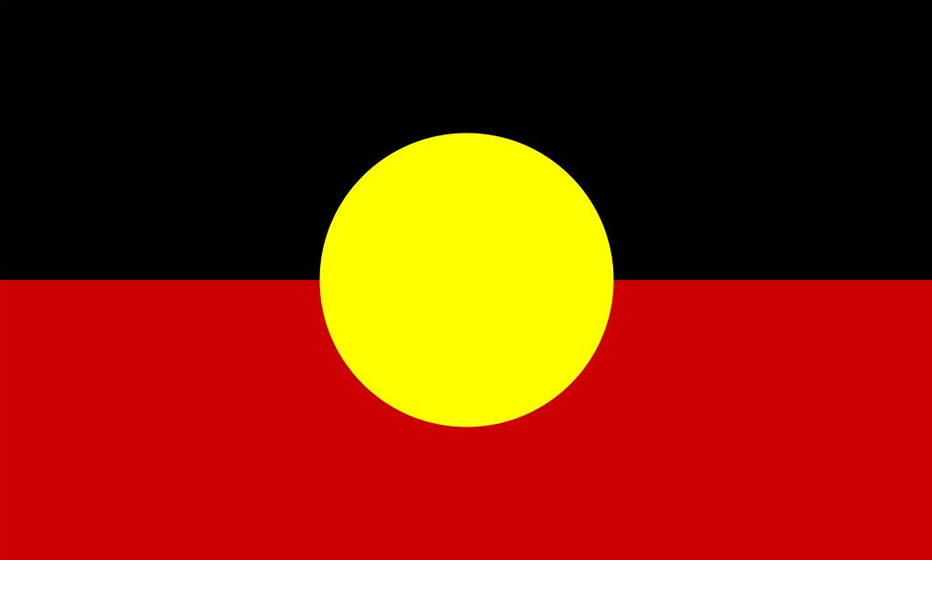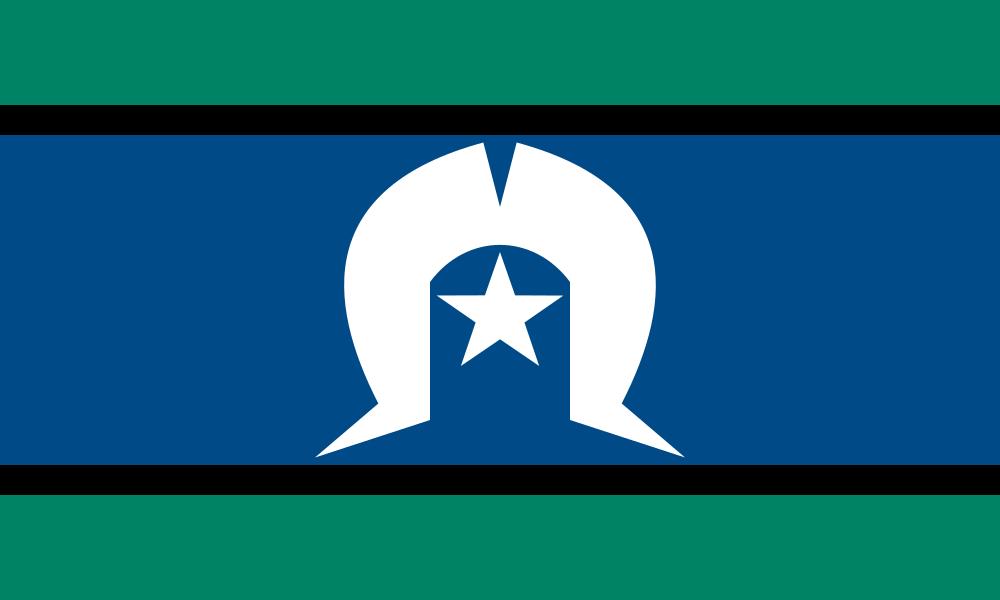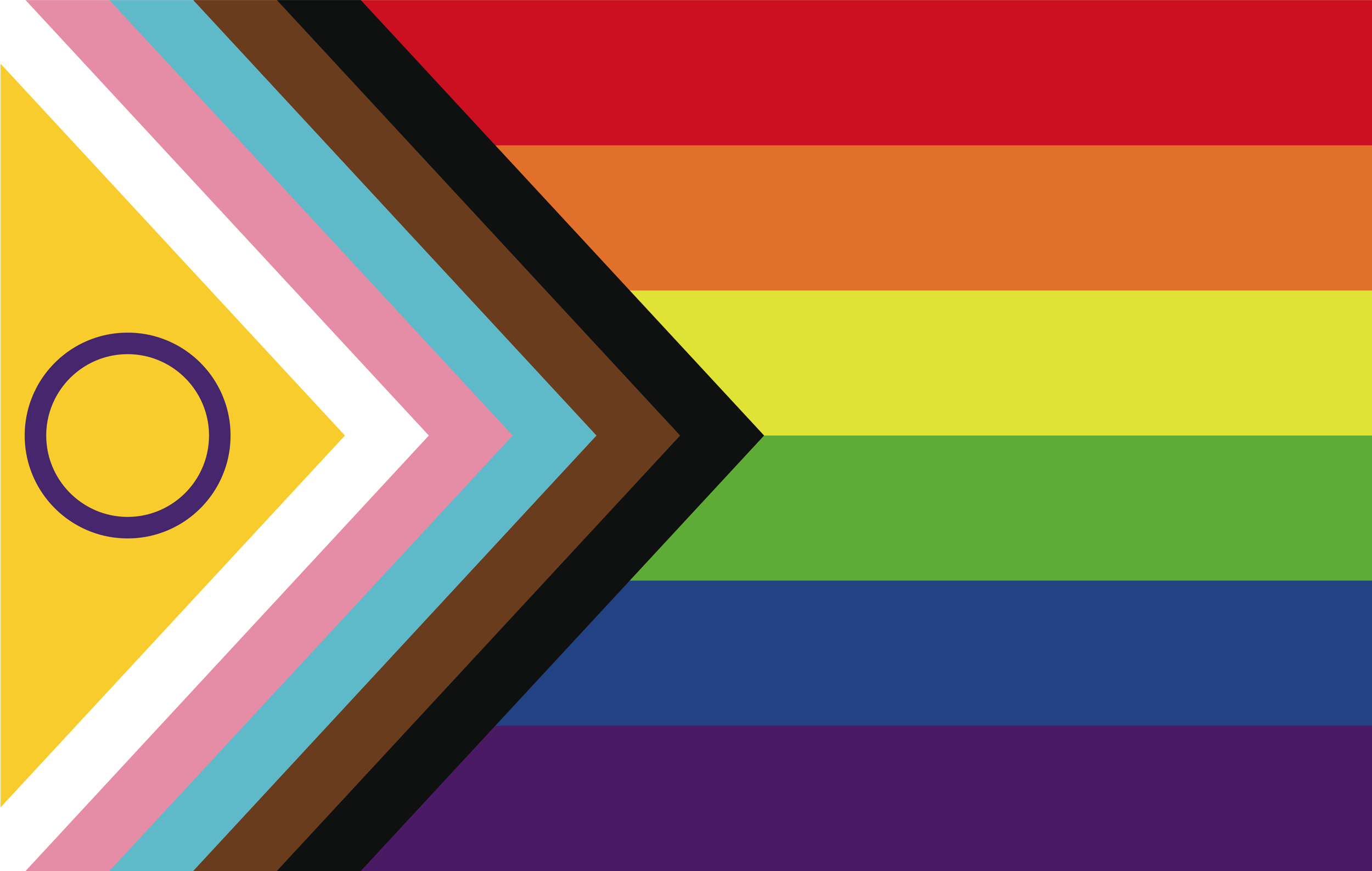This submission draws on previous WHV submissions on earlier drafts of the Religious Discrimination Bill and those of key stakeholders including the Equality Rights Alliance (ERA) and Equality Australia (EA).
This submission outlines the reasons WHV opposes the Religious Discrimination Bill.
This research summary provides a snapshot of the analysis undertaken by RMIT’s Dr Lauren Gurrieri and Dr Rob Hoffman – Addressing and preventing sexist advertising: An analysis of local and global promising practice – which considers how problematic gender portrayals in advertising can be addressed.
WHV's submission, endorsed by multiple agencies, makes 26 recommendations regarding the content of the code of ethics and related practice notes.
WHV asserts that the exposure draft of the Religious Discrimination Bill privileges the right to religious freedom over the rights of women and marginalised groups to be free from discrimination and to access health, employment, education and other services.
Women’s Health Victoria celebrates the High Court’s decision to uphold safe access zones laws in place in Victoria and Tasmania.
Women’s Health Victoria strongly supports the current Bill which seeks to decriminalise and regulate abortion provision in Queensland and provides for the establishment of safe access zones. Safe and legal access to abortion is good public health practice and plays an important role in supporting women’s broader health and wellbeing.
Women’s Health Victoria have identified opportunities to strengthen some aspects of the legislation. In particular, opportunities to refine some of the principles and processes specified in the Bill to ensure that the Gender Equality Bill achieves its objectives.
Women’s Health Victoria celebrates the commencement of safe access zones in Victoria today.
This Clearinghouse Connector explores gendered online harassment on social media platforms and includes local and international advocacy and policy work by governments as well as women themselves. It features free up to date resources.
